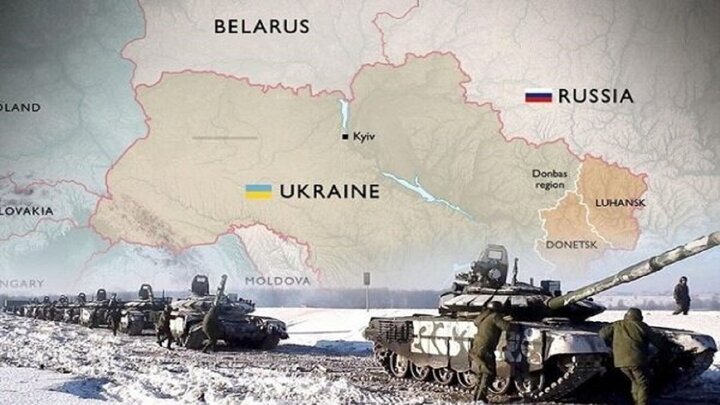Global changes: Factors influencing the future of negotiations on the Ukrainian conflict.
Ukrainian thinker Andrey Bodrov has sent a special note titled “Global Changes Affecting the Future of Negotiations to End the Ukrainian Conflict” to the Mehr News Agency International Group, the full text of which is as follows:
Two centuries ago, Carl von Clausewitz stated: “War is the continuation of politics by other means.” Since then, many things have changed in the world. Today, the political behavior of global actors is a continuation of war itself; a war that is being waged with the tools of the modern era in the realm of ideas, economic competition, and cyberspace.
The profound transition of global economies to the “Fourth Industrial Revolution,” dominated by advanced computing technologies and new energy systems, has shifted the traditional poles of power in various areas from demographics to finance. The economies of the global South are growing at an increasing pace, while former world leaders, now embroiled in crisis, refuse to cede their positions.
If we align the timeline of these technological transitions with the timeline of major military conflicts, we see that they occur almost simultaneously. During such periods, economies face critical recessions, and our time is no exception. The world is on the verge of a “global economic crisis,” and the main players are feeling it. To survive, they seek to expand markets and geopolitical influence. This has been true since our distant ancestors transitioned from forests to plains and primitive agriculture, and it is true today.
This trend is especially evident in social structures with an imperialist legacy: China with its Belt and Road Initiative, Turkey with its expansion into the Middle East, the United States with its tariff wars, and Russia with its construction of its sphere of influence. The efforts of these countries to secure resources and strengthen positions on the eve of difficult times define their interests, political instruments, and approaches.
The New Great Game
Trump has staked claims on Greenland and the Panama Canal, waged tariff wars against China and half the world, and pressured Europe to extract human and technological resources to achieve “Greater America.”
Britain is meddling in Ukraine and the Middle East in an attempt to gain more control over Eastern Europe. Israel is expanding its influence into neighboring lands. Russia is building a “security buffer zone” between itself and Europe. The European Union is countering Russia’s territorial and economic expansion.
These factors have turned the negotiations over the Ukrainian conflict into an equation with many variables. Today, Russia and the United States are not negotiating the future of Ukraine, but rather the structure of a new world order. Other key players include:
Europe is in deep crisis, using Ukraine as a tool against Russia and Trump’s “Greater America” project.
China, anticipating the loss of American markets, is moving closer to Europe; An unacceptable scenario for Washington.
Britain is trying to consolidate its sphere of influence in the Baltic states, Poland and Romania through the Intermarium project.

